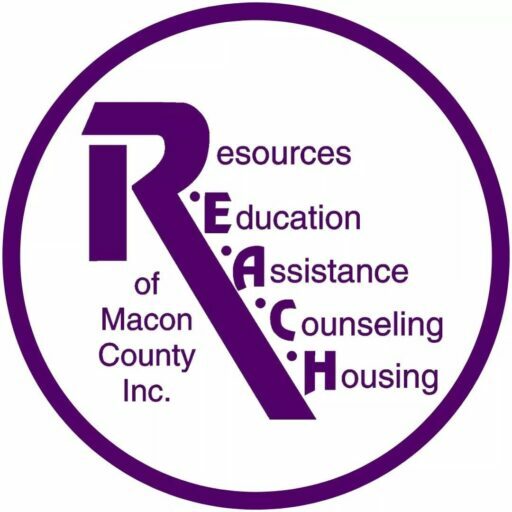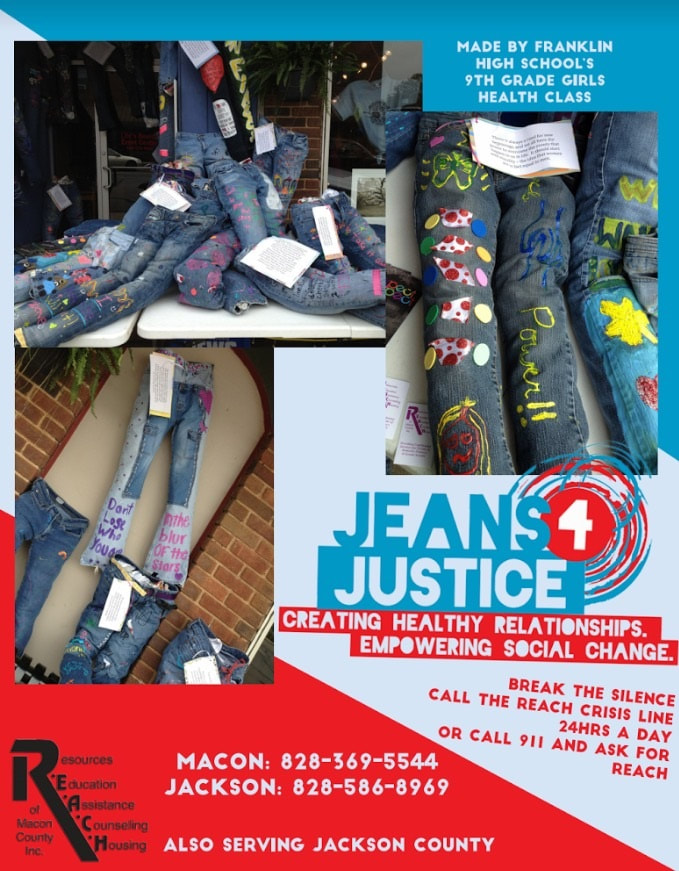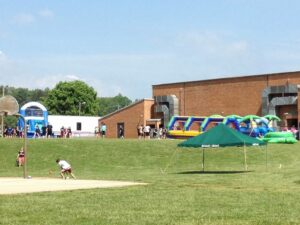What is Violence Prevention Education?
Prevention education refers to comprehensive education that is focused on addressing the root causes of interpersonal violence, or sexual assault, relationship violence, and stalking. Prevention strategies address the way individual, relationship, community, and societal factors impact interpersonal violence and aim to prevent violence before it occurs.
Effective prevention education requires using a comprehensive and multifaceted public health approach. This public health approach examines the societal factors that shape the landscape around interpersonal violence, including attitudes, behaviors, beliefs, assumptions and social norms that are widely held. This is often referred to as "rape culture" as it encompasses the everyday behaviors and beliefs that are often perpetuated both on a micro level between individuals (such as in conversations) and on a macro level (widely being reflected at the institutional level, in policies, and in the media).
Violence Prevention Education focuses on primary prevention methods that help teach students how to have healthy, fulfilling relationships. This narrative allows REACH to encompass everything ranging from domestic violence, sexual assault, bullying, harassment, and conflict resolution. With the prevalence of violence in our every day lives, teaching young people how to maintain healthy relationships is a vital part of any prevention work.
Our program seeks to change knowledge, attitudes, behaviors, and beliefs of both individuals and our community to stop acts of violence before they ever begin.
Primary prevention is NOT taking self-defense classes, watching your drinks, or adhering to a buddy system. All of these are examples of RISK REDUCTION. Prevention education chooses instead to approach the problem at the roots, like one might weed a garden.







